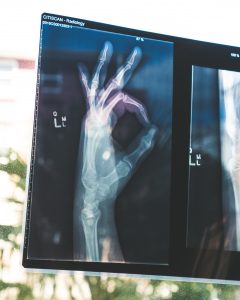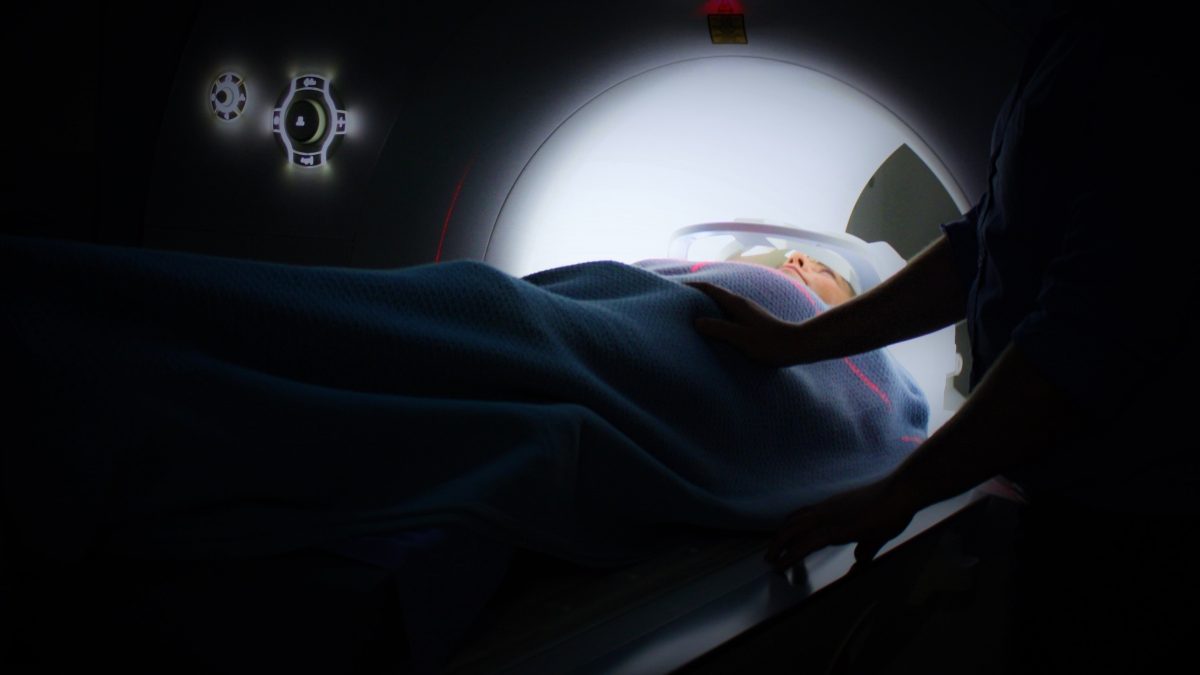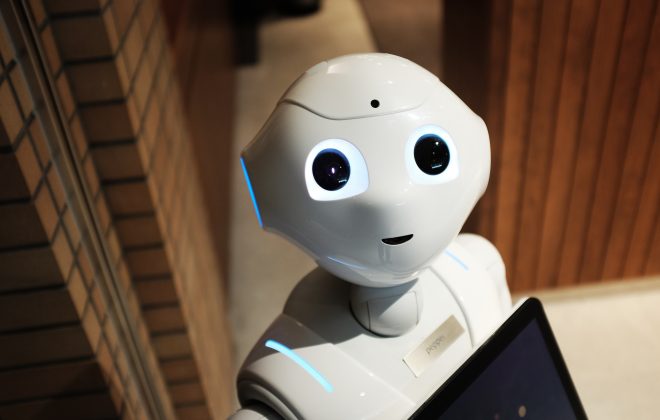Applications of Computer Vision in Healthcare
Recent advancements in the field of Artificial Intelligence (AI), computing technology, electronic medical records systems along with an unprecedented collaboration of the best minds in medicine and technology have started a new era of breakthroughs in healthcare. A decade ago the only talk of AI and medicine occurred in futuristic Hollywood movies and sci-fi books. Today however, we are utilizing intelligent machines to help physicians diagnose patients, perform surgeries and make the next big breakthroughs in medicine. A subfield of AI, Computer Vision (CV) has become a cornerstone in intelligent medicine.
CV empowers computers to process and analyze digital images and videos. These applications acquire their expertise through a process called Machine Learning (ML). Intelligent CV algorithms operate similar to a trained human eye to look for anomalies and patterns to derive diagnoses and actionable results.
These algorithms are capable of learning complex and high-dimensional patterns. CV applications are trained through exposure to tens or hundreds of thousands of previously labeled (diagnosed) cases. The algorithms learn to identify patterns and are capable to make future diagnoses based on the historical cases they have observed. Similar to humans, these algorithms have a feedback mechanism to learn and acquire further expertise as they make new diagnoses and track their own success rate. Thus they are continuously evolving to become more robust and accurate over time.
Physicians also acquire their knowledge through training. Many years of rigorous studies, practice and exposure to diverse set of cases form their professional expertise. However this expertise is often lost and forgotten when they retire and junior practitioners go on building their expertise from scratch through another cycle of studies and years of practice. Intelligent computer vision applications are breaking this cycle not only by preserving the historical wisdom of practitioners but by also utilizing it to diagnose future patients.
Today intelligent CV applications are being deployed in a growing number of medical fields such as dermatology, radiology, cardiology and embryology.
Dermatology
Dermatologists often rely heavily on the visual inspection of patient conditions to form their diagnoses. A growing number of AI powered applications are entering the marketplace and majority fall under one of the two main categories:
- Skin disease prevention and early detection of skin conditions
- Personalization of skincare treatment options
Radiology

Radiologists often inspect X-rays, CT-scans and MRI’s to form their diagnoses. AI powered applications assist radiologists to review these images, allowing physicians to leverage the applications’ exposure to tens of thousands of historical cases. This is particularly helpful in rare scenarios not previously encountered by the physician. In these scenarios the application could potentially generate an accurate diagnosis given it has been trained on similar rare occurring conditions. These applications assist physicians in detecting and classifying bone fractures, tumors and soft tissue conditions.
Cardiology
With the recent advancements in computer vision, AI-powered applications in cardiology help diagnose heart disease. Also the new advancements in virtual reality hardware coupled with cutting-edge CV applications are taking things to the next level by offering interventional cardiologists a new dimension in their education and procedures. Applications in this field help physicians:
- Visualize coronary arteries and the flow of blood
- Automate the detection of pathology in heart through analysis of structural and functional aspects of the heart
- Simulate a training environment for interventional cardiologists through virtual reality
Embryology
In Vitro Fertilization (IVF) is a growing sub-field of embryology offering women the chance to delay pregnancy and enabling couples who have difficulty conceiving to become parents. CV is transforming IVFs in the following ways:
- Accurate egg prediction through oocytes classification
- Embryo prediction to improving fertilization success rate per transfer
- Uterus Lining Classification to prevent embryo transfer at non-ideal times

AI is transforming the field of medicine by assisting physicians to utilize the expertise that have been built over many years through diagnosing and monitoring of tens of thousands of patients. This valuable body of knowledge empowers physicians to make better judgments, while lowering healthcare costs and ultimately improving access to medical care around the globe.
The field of computer vision is growing at a rapid pace. At Optima AI we are constantly exploring opportunities to partner with industry experts to leverage our existing computer vision expertise and build on top of it to develop state-of-the-art intelligent solutions with business impact.
Related Posts
Leave a Reply Cancel reply
Categories
- Cloud Computing (2)
- Computer Vision (6)
- Financial Services (2)
- Health Care (2)
- Marketing (1)
- Predictive Analytics (3)




